No products in the cart.
Letter on the Blind
Price range: 60,00 د.م. through 85,00 د.م.
Denis Diderot’s Letter on the Blind for the Use of Those Who Can See—originally published in 1749—occupies a strange and charged place in the Enlightenment corpus, not least because it landed its author in prison shortly after its appearance. Ostensibly a meditation on the philosophical implications of blindness, the text swiftly swerves into a critique of theological certainty,
Description
Denis Diderot’s Letter on the Blind for the Use of Those Who Can See—originally published in 1749—occupies a strange and charged place in the Enlightenment corpus, not least because it landed its author in prison shortly after its appearance. Ostensibly a meditation on the philosophical implications of blindness, the text swiftly swerves into a critique of theological certainty, epistemological arrogance, and the metaphysical scaffolding that supported 18th-century religiosity. What begins as an essay on the sensory experience of the blind becomes, with remarkable fluidity, a sustained provocation against the very notion of innate religious truths. It is not an attack in the usual sense—no fiery polemic—but a quiet erosion, carried out through empirical thought and narrative subtlety.
This edition contains a new Afterword by the translator, a short biography, a glossary of Philosophical Terms used by Diderot, a chronology of his core life and works, and a summary index of all of Diderot’s works. With a clean, modern translation of Diderot’s Enlightenment-era French, this edition brings Diderot’s thoughts directly into the modern intellectual sphere, tracing the intellectual forces which swept along Diderot and impacted today’s secular sphere.
Diderot was arrested in July 1749 and imprisoned in the Vincennes fortress near Paris. The immediate reason for his arrest was the publication of his Letter on the Blind for the Use of Those Who Can See (Lettre sur les aveugles à l’usage de ceux qui voient). The authorities rightly accused the letter of undermining the need for morality. The Letter questioned the necessity of God for moral understanding, depicted blindness not as a lack but as a valid alternative epistemology, and celebrated a blind atheist mathematician—Nicholas Saunderson—as a figure of intellectual integrity.
The Letter’s materialist implications emerge most clearly in Diderot’s account of Saunderson’s deathbed conversation. When the blind mathematician challenges a clergyman’s appeal to the design argument by noting that “a sensory apparatus which I lack supposedly reveals an order which I cannot perceive,” Diderot uses blindness as a philosophical device to question the universality of natural theology. This strategic use of disability as an epistemological standpoint undermines the period’s dominant theological framework while avoiding direct atheistic claims. Analysis of manuscript variants reveals that Diderot actually softened some of Saunderson’s statements in the published version, suggesting an awareness of how directly the text challenged theological orthodoxy.
Diderot has two works that are easy to confuse. His A Letter about the Blind for Those Who See (Lettre sur les aveugles à l’usage de ceux qui voient) was published anonymously in 1749, but its bold materialist arguments and critiques of religion attracted immediate attention from authorities. Seen as subversive and atheistic, the work led to Diderot’s arrest and imprisonment in the Vincennes prison shortly after its release. Despite this, the scandal boosted his notoriety and positioned him as a daring Enlightenment thinker. Two years later, in 1751, he published Letter on the Deaf and Mute for the Use of Those Who Speak and Hear (Lettre sur les sourds et muets à l’usage de ceux qui parlent et qui entendent), this time more cautiously and under his own name. While still bold in it’s intellectual meandering, it avoided the overt political and religious provocations of the earlier letter, allowing it to circulate more freely within the intellectual circles of the time.


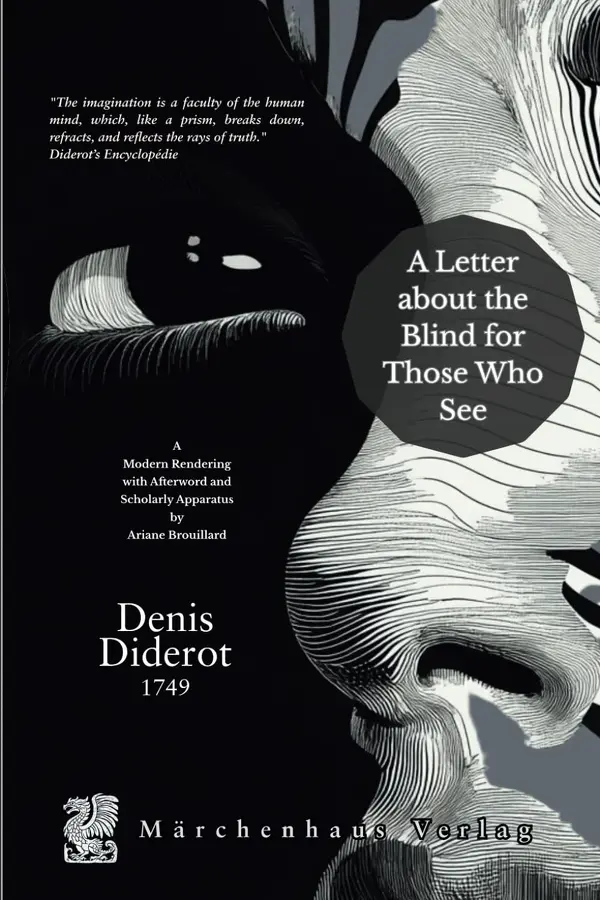

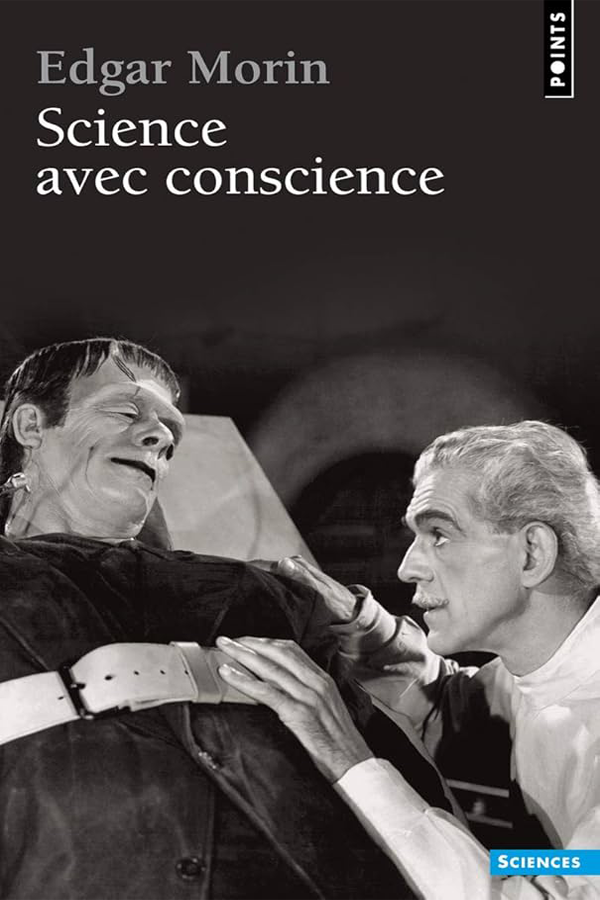
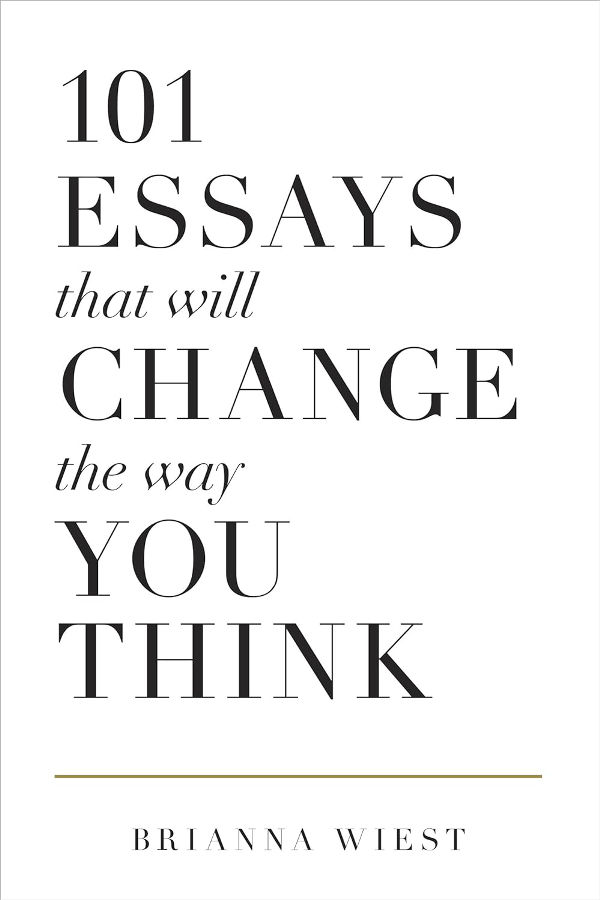
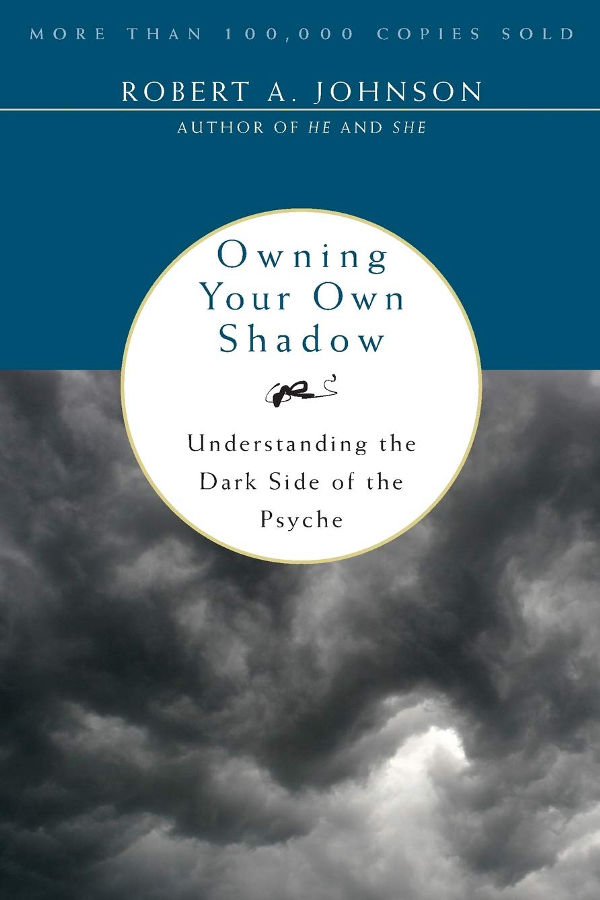
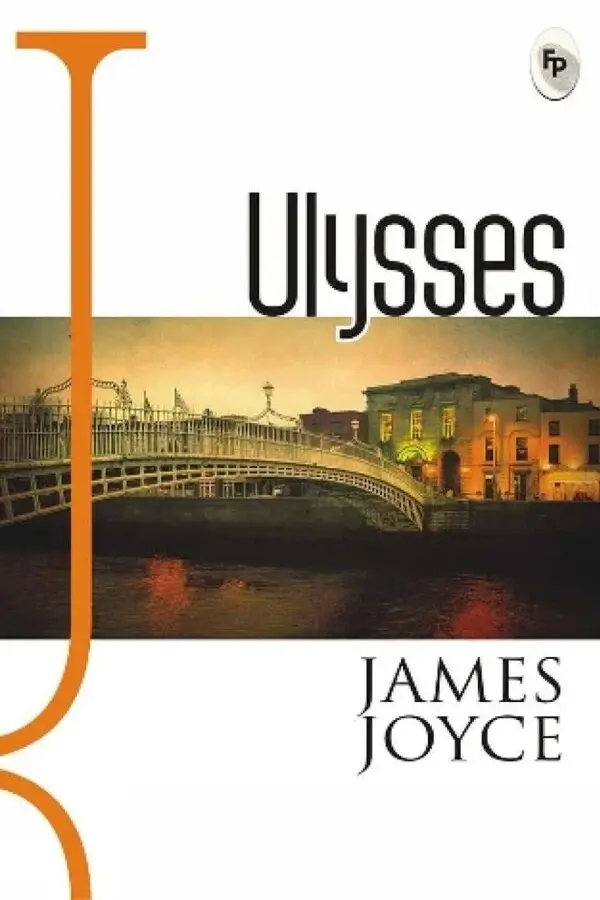


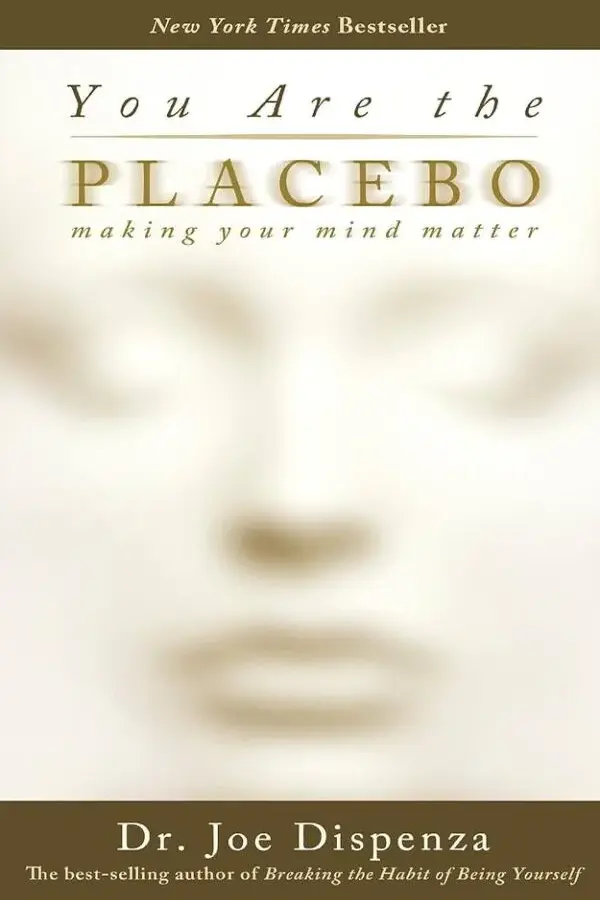



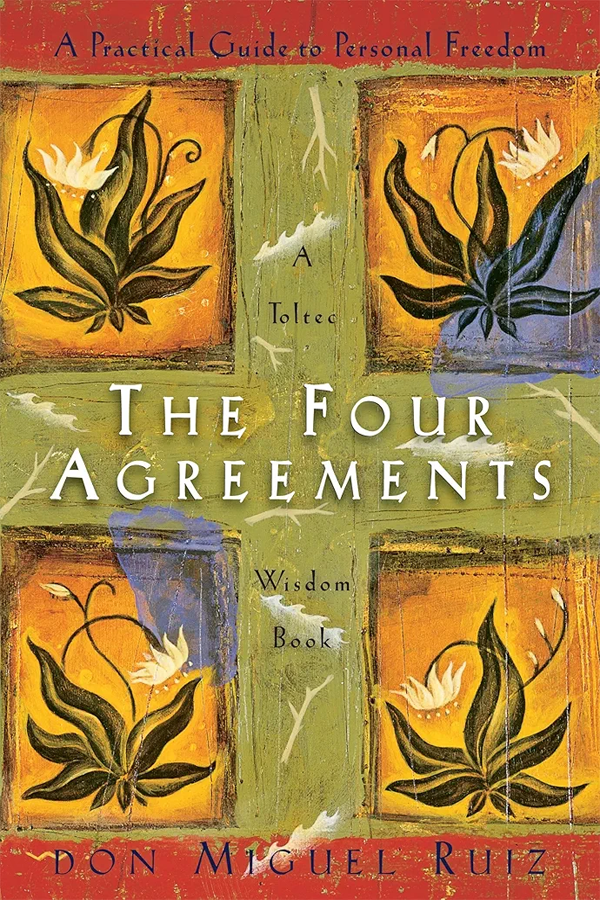




Reviews
There are no reviews yet.